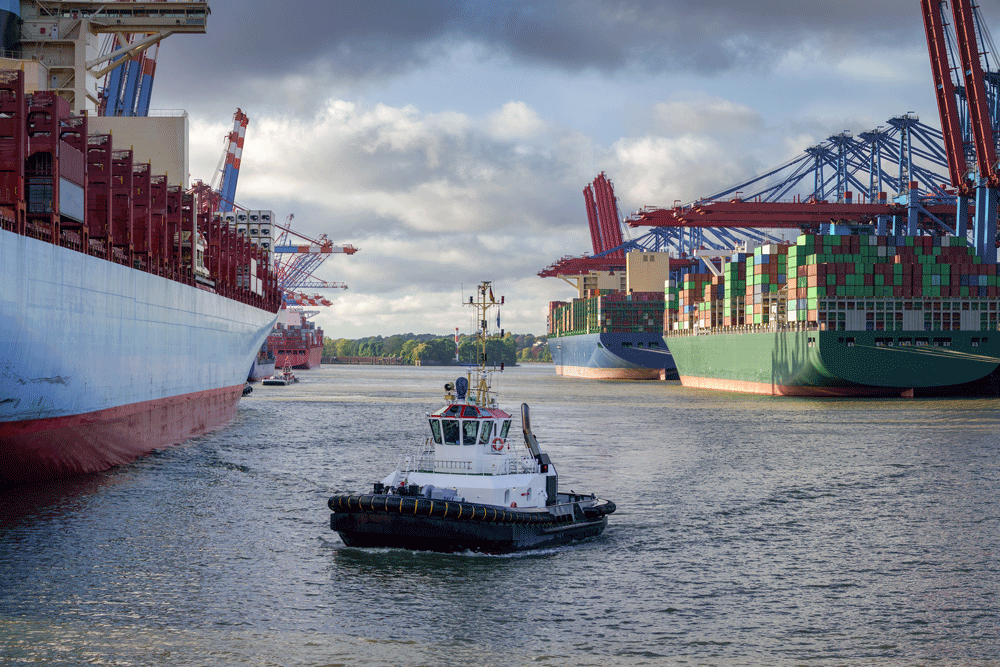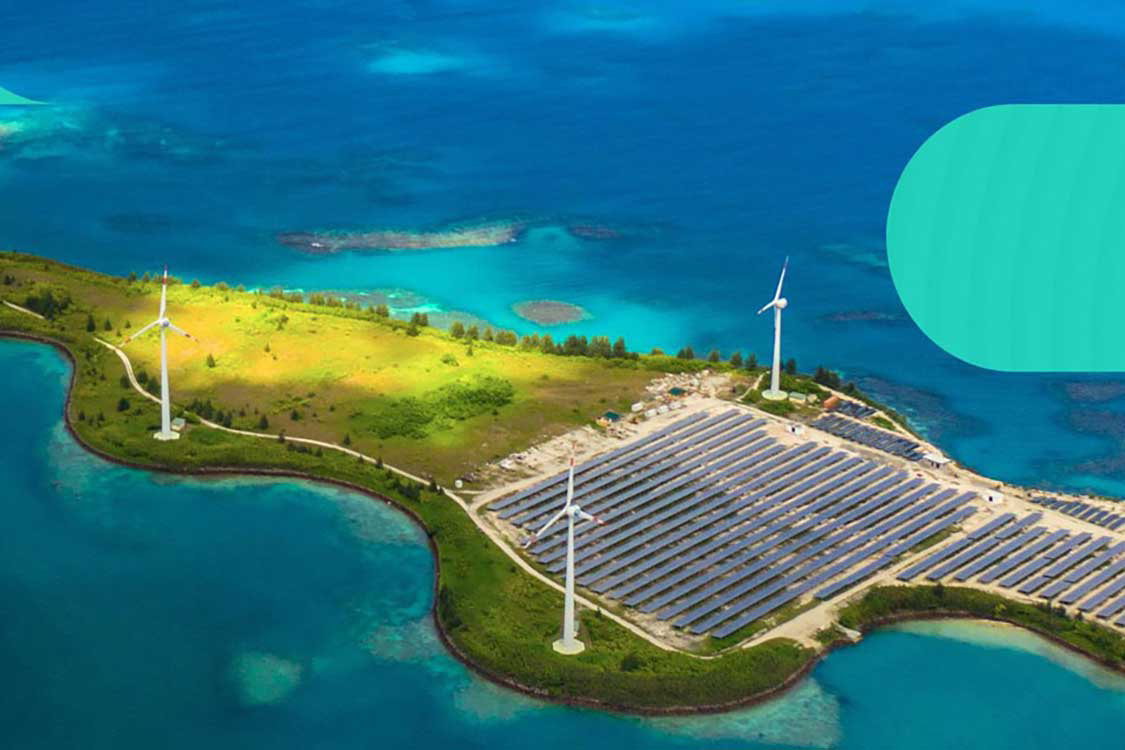IMF Topical Work
- Anti-Money Laundering and Combating the Financing of Terrorism (AML/CFT)
- Artificial Intelligence
- Climate Change
- Comprehensive Surveillance Review
- COVID-19
- Digital Payments and Finance
- Fragile and Conflict-Affected States (FCS)
- Gender
- Income Inequality
- Integrated Policy Framework
- Special Drawing Rights
- Sustainable Development Goals
- Trade
Artificial Intelligence
The IMF is investigating AI's broader impact on economies and societies by gathering global knowledge through surveillance activities, and by convening key actors to share successful policy responses, foster international consensus and harmonize regulations.
Fragile and Conflict-Affected States (FCS)
The IMF's Fragile States Strategy aims to provide robust, well-tailored, and longer-term support to help these vulnerable countries achieve macroeconomic stability, strengthen resilience, promote sustainable and inclusive growth, and exit fragility.
Trade
Open, stable, and transparent trade policies are key for economic growth and resilience and for addressing key global challenges, including climate change, food security, and underdevelopment. The Fund’s longstanding role in international trade and trade policy is rooted in our mandate, which we deliver to countries through analysis and policy advice. These activities are complemented by trade work related to lending and capacity development.
Digital Payments and Finance
Financial technology—fintech—opens opportunities to boost economic growth, especially for financial inclusion, but policymakers must also address the risks. Read the latest IMF research on these issues, including the future of digital currencies.
Climate Change
The IMF’s latest work on the economic and financial aspects of climate change, including policy advice to our member countries to help them manage risks and capture the opportunities of low-carbon, resilient growth.
Income Inequality
Excessive inequality can erode social cohesion, lead to political polarization, lower economic growth and can be detrimental for macroeconomic stability, but IMF policies can be designed to tackle inequality without negative repercussions for growth.
Sustainable Development Goals
The IMF is committed to the SDGs, and is supporting its members in their implementation in areas relevant to its mandate of financial stability and sustainable and inclusive economic growth. At a broad level, IMF engagement on the SDGs is aligned with the five SDG pillars of people, prosperity, planet, peace
Special Drawing Rights
The Special Drawing Rights (SDR) is an international reserve asset created by the IMF to supplement the official reserves of its member countries.
Anti-Money Laundering and Combating the Financing of Terrorism (AML/CFT)
Effective anti-money laundering and combating the financing of terrorism (AML/CFT) policies and measures are key to the integrity and stability of the international financial system and member countries’ economies.
Comprehensive Surveillance Review
The IMF is adapting and strengthening its economic analysis of countries, known as surveillance. To keep up with the changes in the world, the IMF is modernizing surveillance to help policymakers better prepare for a transforming economic landscape.
Integrated Policy Framework
IMF’s research on a new approach to help countries respond to fluctuations in international capital flows.















